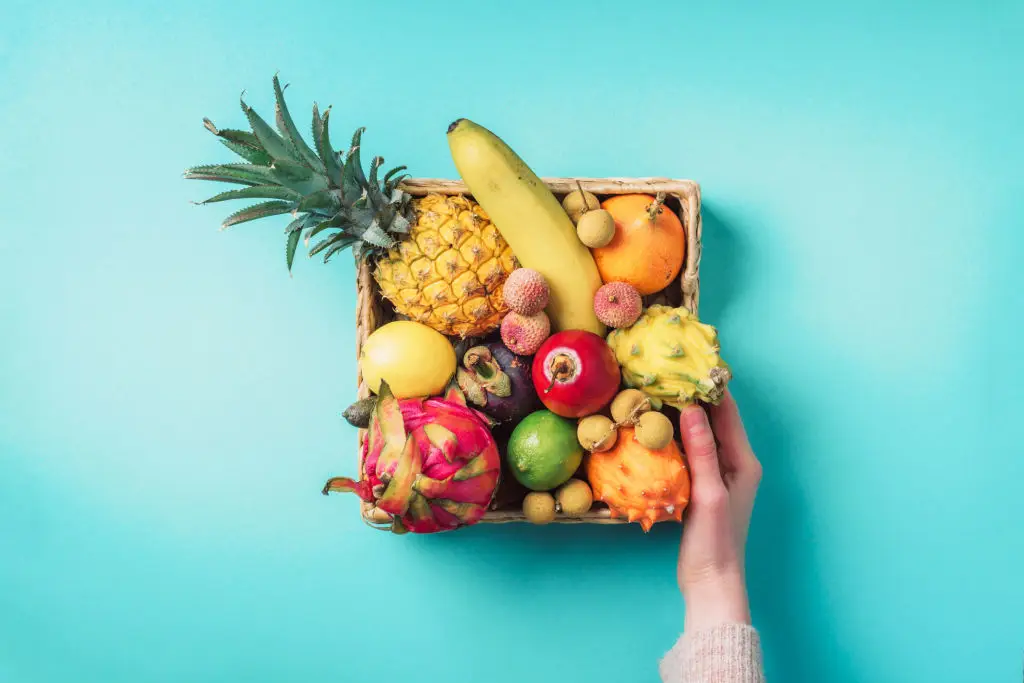6 Lesser-Known Nutrients Your Kidneys Need to Stay Healthy
3. Vitamin D Activation: Behind-the-Scenes Bone Builder

Most people are surprised to learn that kidneys are the unsung heroes of vitamin D activation. While you can get vitamin D from sunshine and fortified foods, it’s your kidneys that turn the “raw” version into its biologically active form—empowering calcium absorption, bone strength, and even immune health. When kidney function declines, this critical step can falter, which is why some people living with advanced kidney disease require specially activated vitamin D, sometimes delivered as a daily pill or during dialysis. Even for those with healthy kidneys, making sure you’re getting enough precursors from fortified milk, certain fish, or a supplement (with your doctor’s okay) keeps the activation process running smoothly. Holistic kidney support sometimes means thinking one step ahead: setting the stage so your body can do what it does best, without roadblocks. By understanding this behind-the-scenes magic, you become a true co-pilot in your own wellness journey.
4. Potassium: Bioavailability and Friendly Plant Sources

Potassium is often seen as a nutrient to avoid, but kidneys actually thrive when this mineral stays in balance—not too low, not too high. What’s less well known is that the form of potassium in your food affects how much your body (and your kidneys) actually absorb. According to kidney.org, plant-based potassium, found in fiber-rich fruits like horned melon (143mg per ½ cup) and feijoa (144mg per two fruits), is often less easily absorbed, giving your kidneys a kind of buffer zone. Why does that matter? If you’re looking to keep your blood potassium healthy without unnecessary stress on your kidneys, choosing lower-absorption sources can offer the best of both worlds. Everyone’s needs and risks are different—some may need to limit potassium more strictly, while others don’t. Instead of cutting out this mineral altogether, talk with your care team about which fruits and veggies fit safely into your meals. Sometimes, a little knowledge is all it takes to replace restriction with real peace of mind.
